Original Air Date 12.05.2016
In This Episode
We continue to investigate the behavior of the young man who died by suicide in 2010. Payne interviews the man’s brother as well as a clinical psychologist regarding his head injury and subsequent personality change. Payne checks in with his grandma’s friend Melba about who Tara might have visited the day of her disappearance. And he and Maurice Godwin discuss Joe Hilton’s claim that Marcus Harper spent part of that fateful weekend with him. Maurice also describes threats he received while investigating the case in Ocilla.
People in this Episode
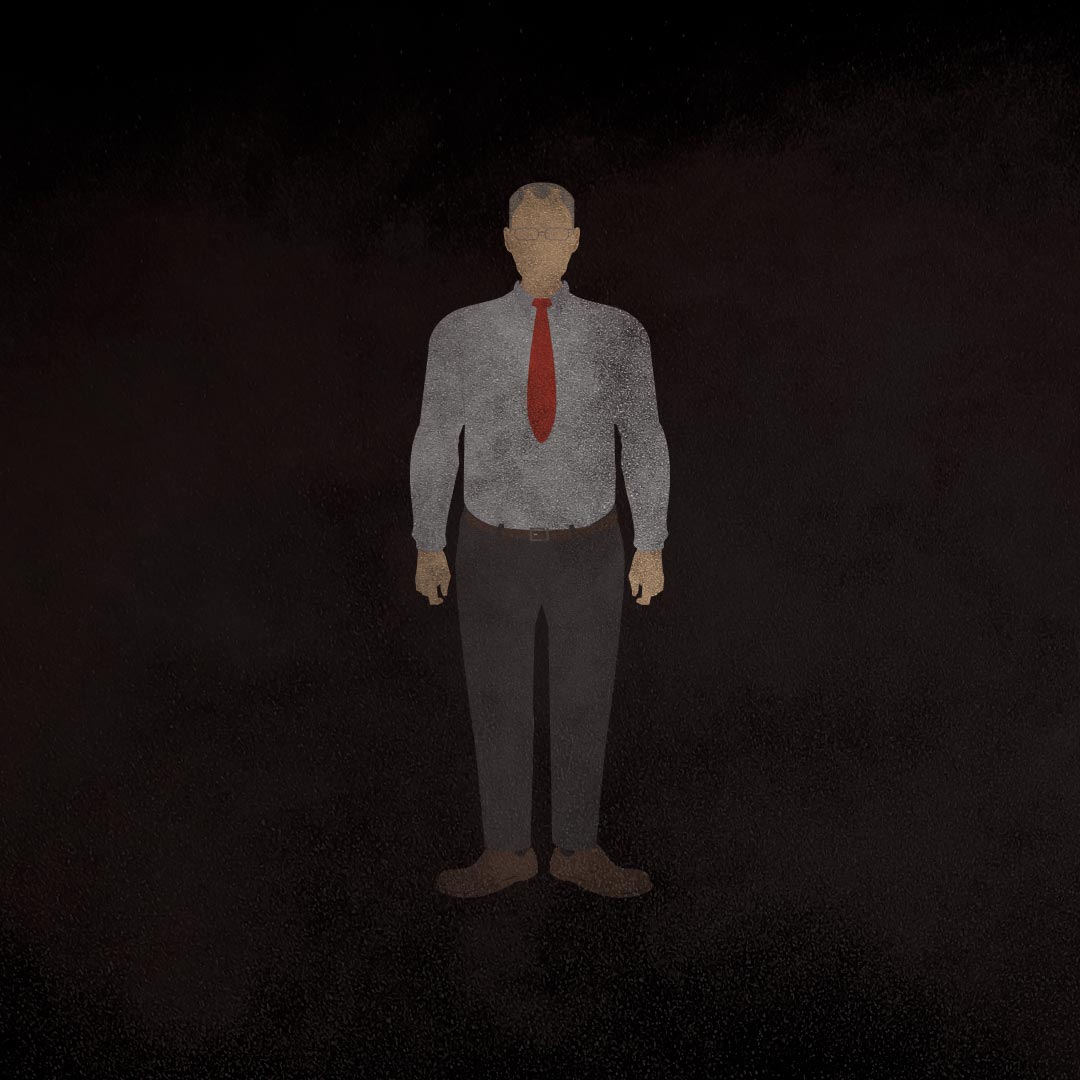
Heath Dykes
Chief - Perry Police Department
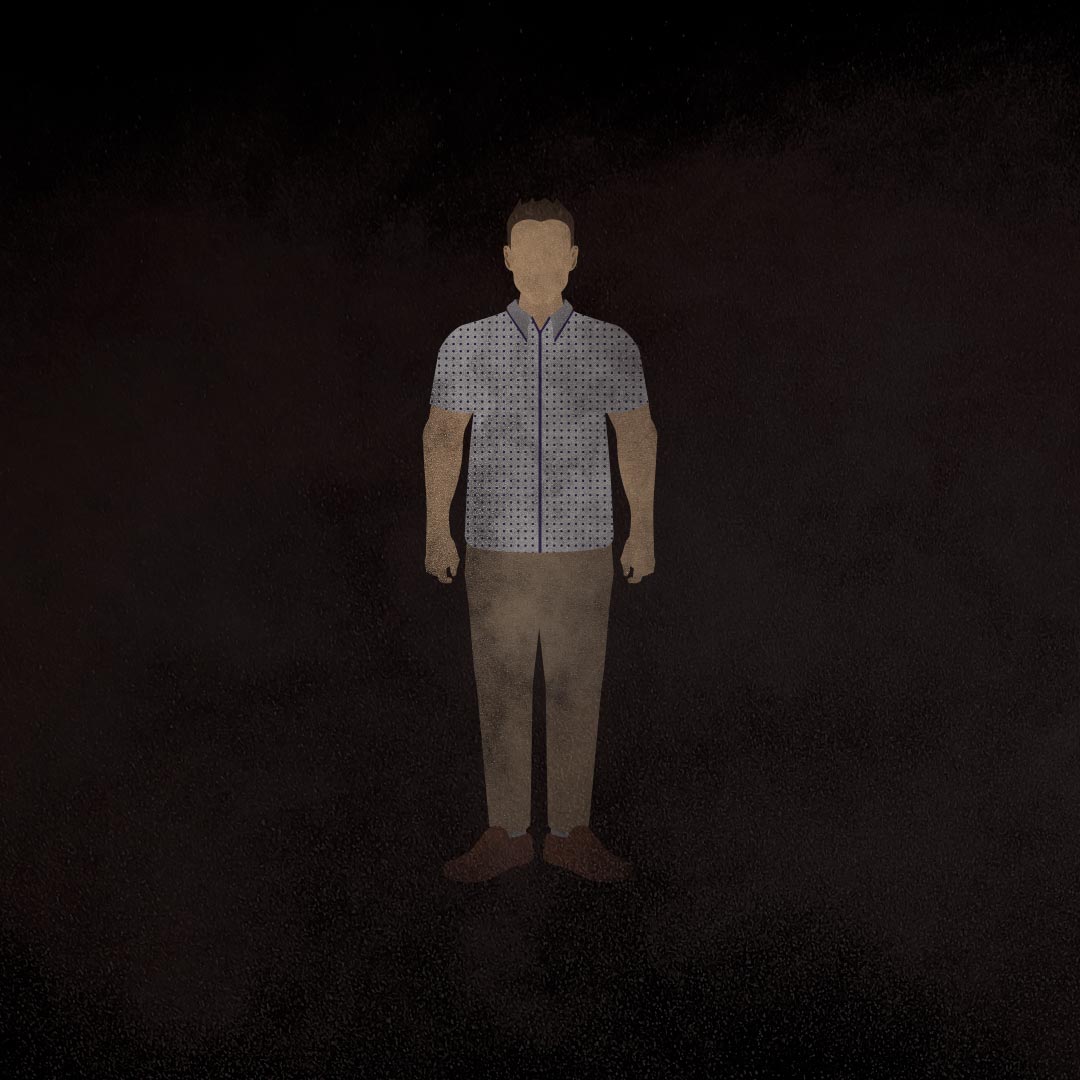
Jim Hickey
Casual Date
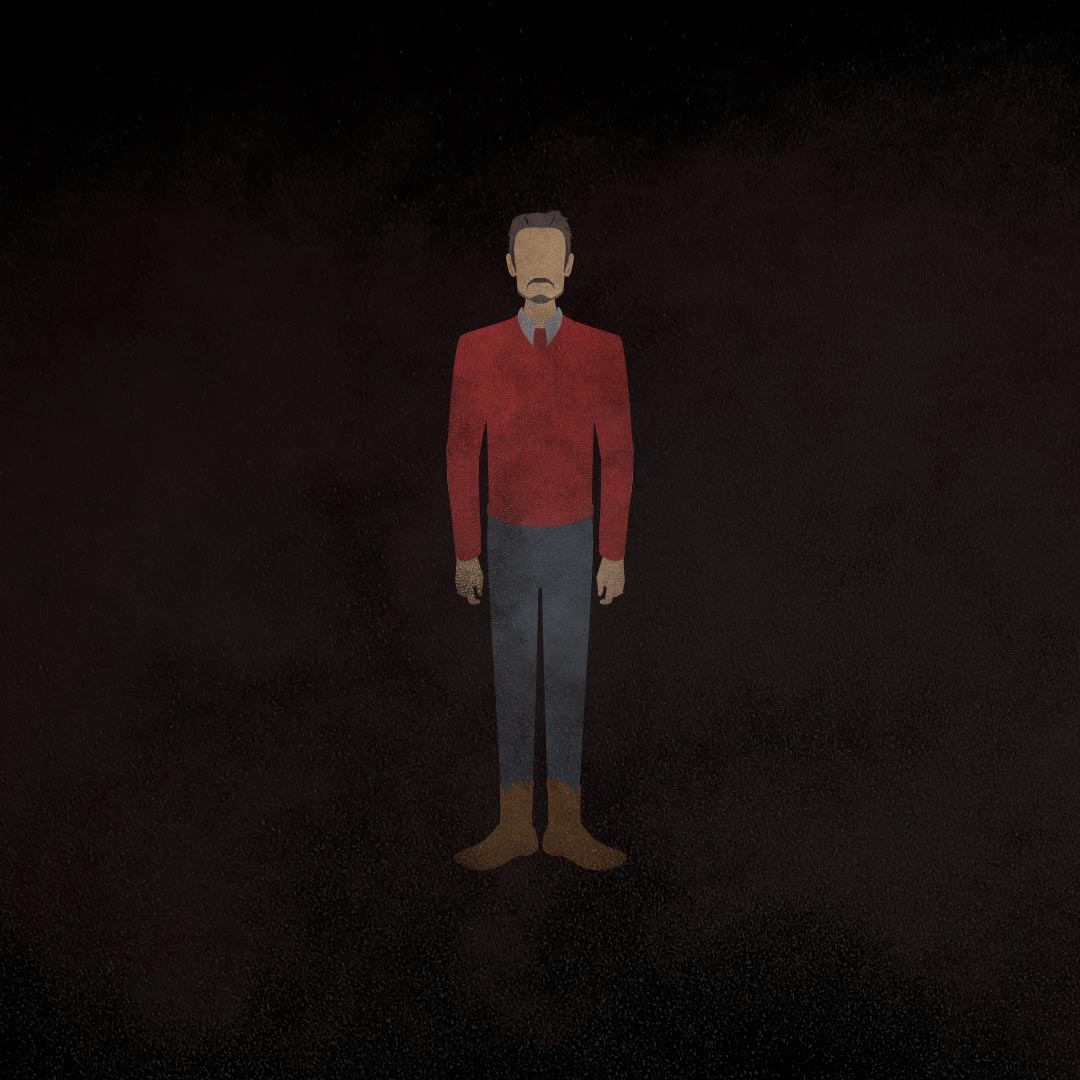
Larry Gattis
Brother-In-Law
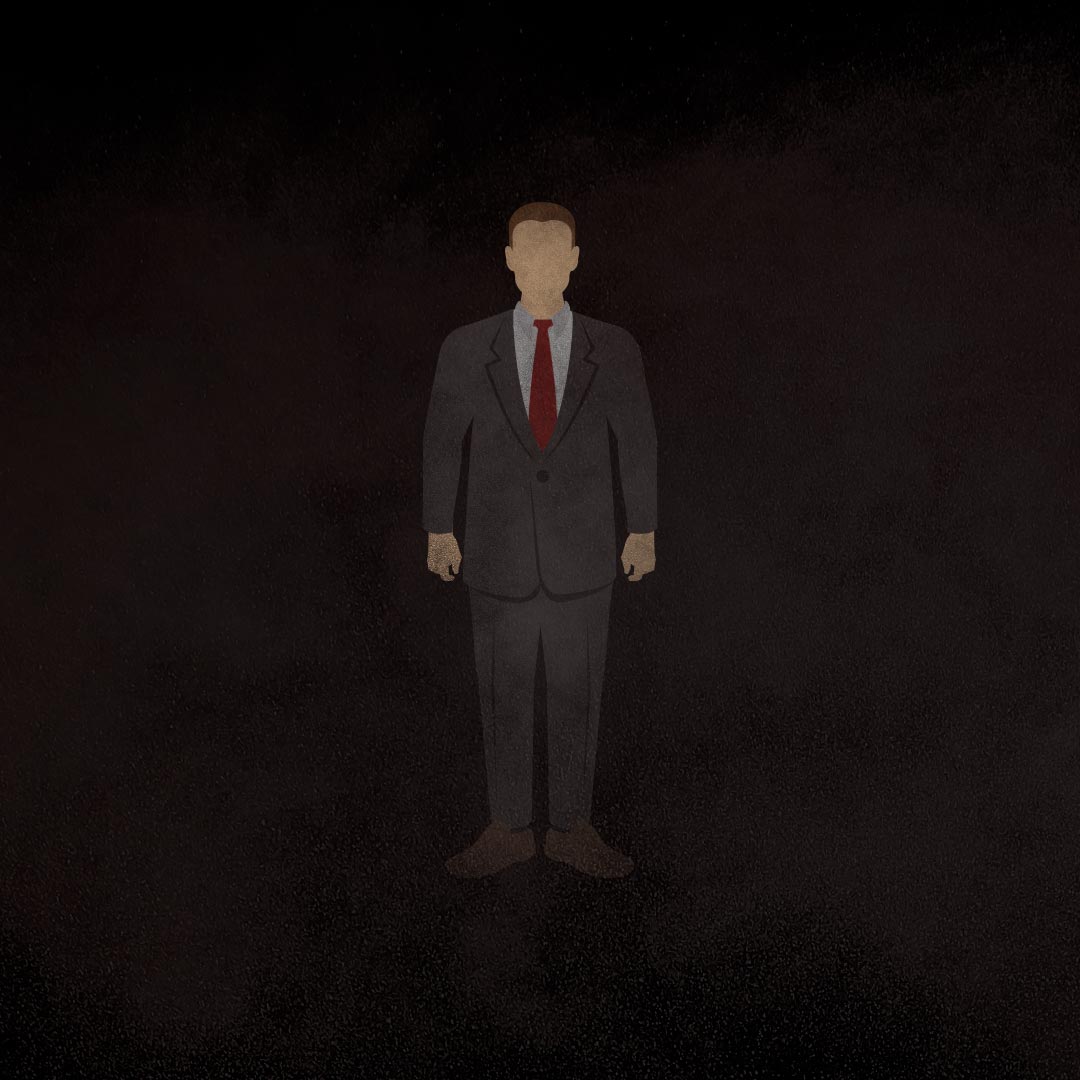
Gary Rothwell
GBI Special Agent in Charge
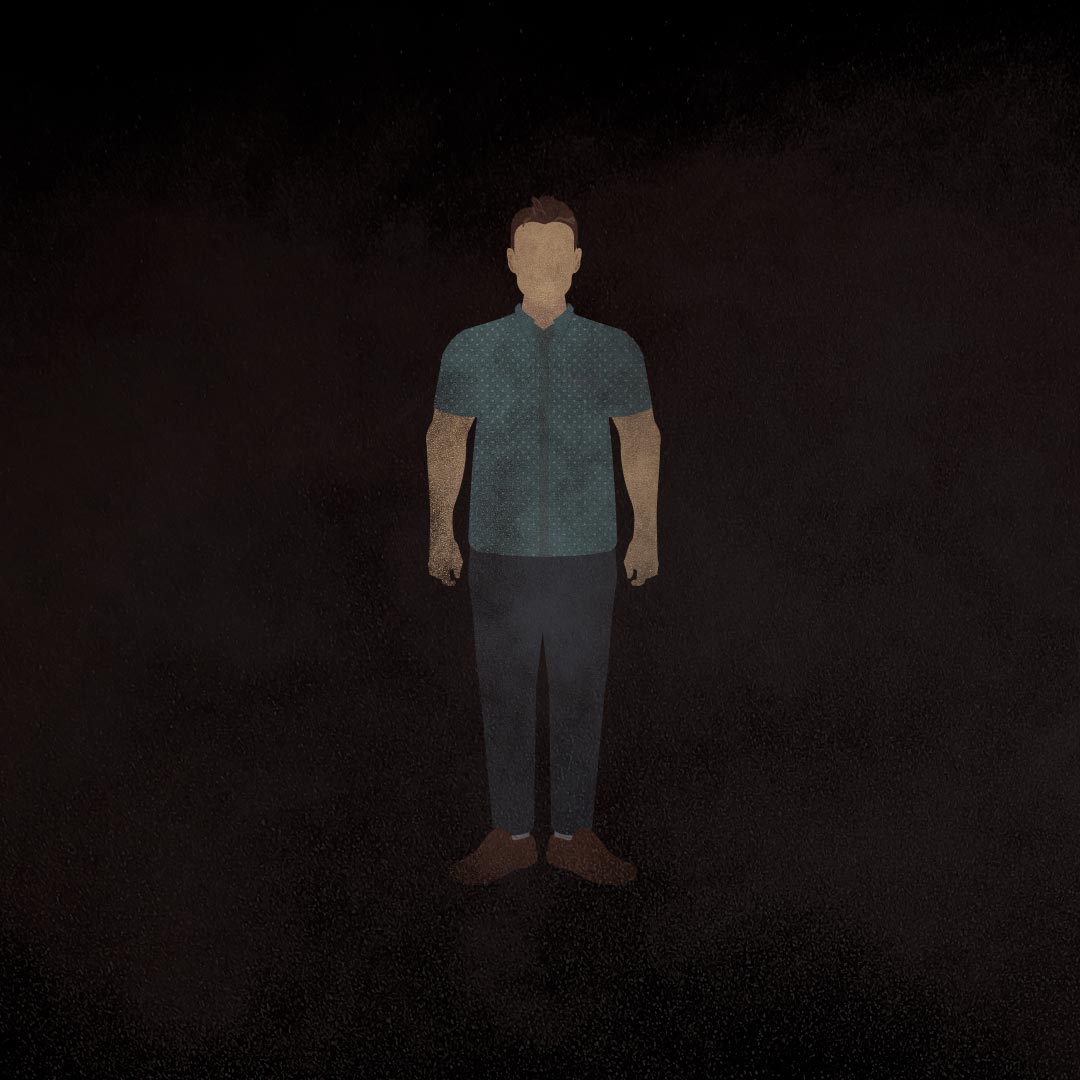
Marcus Harper
Ex-Boyfriend and Former Police Officer
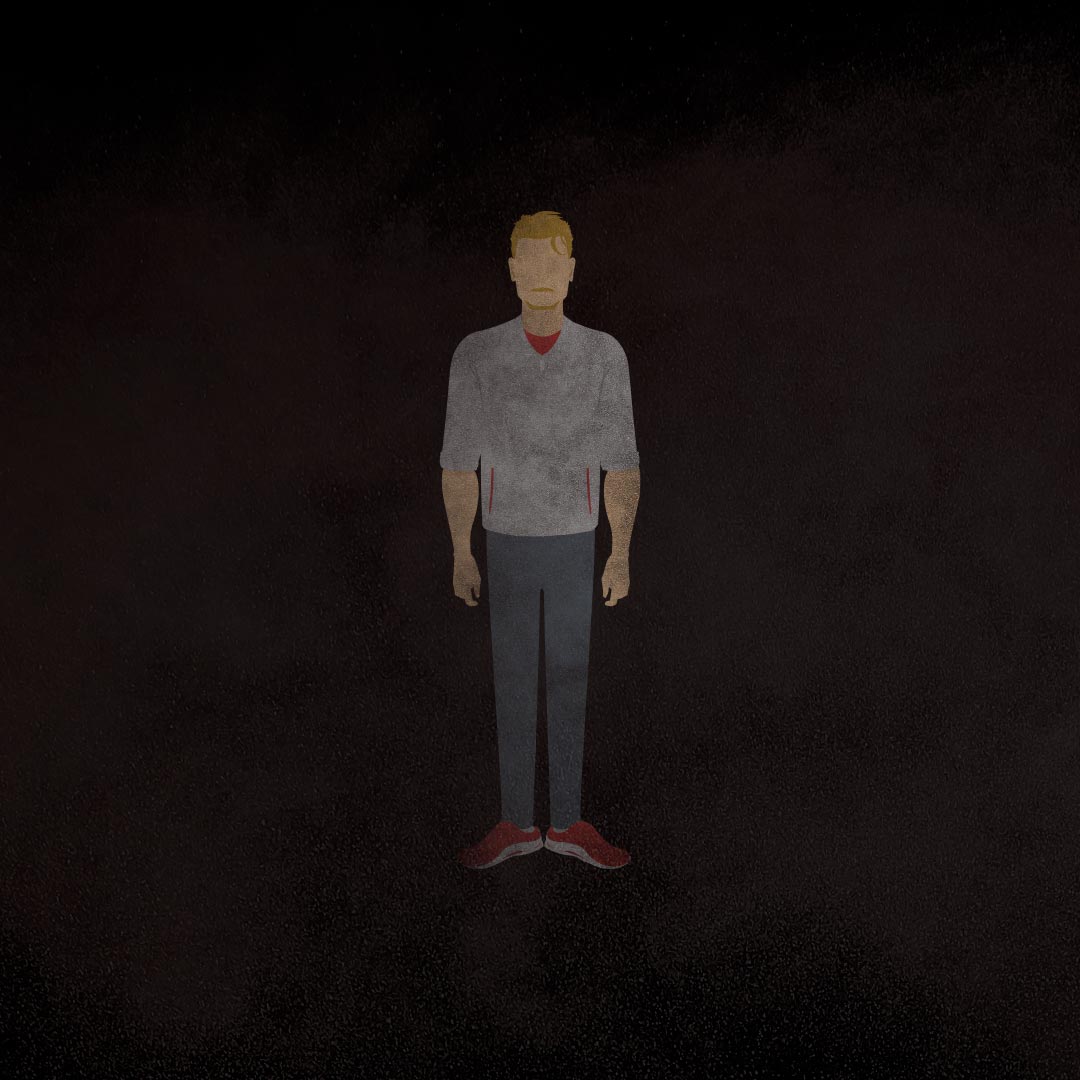
Rhett Roberts
Son of the Landlord
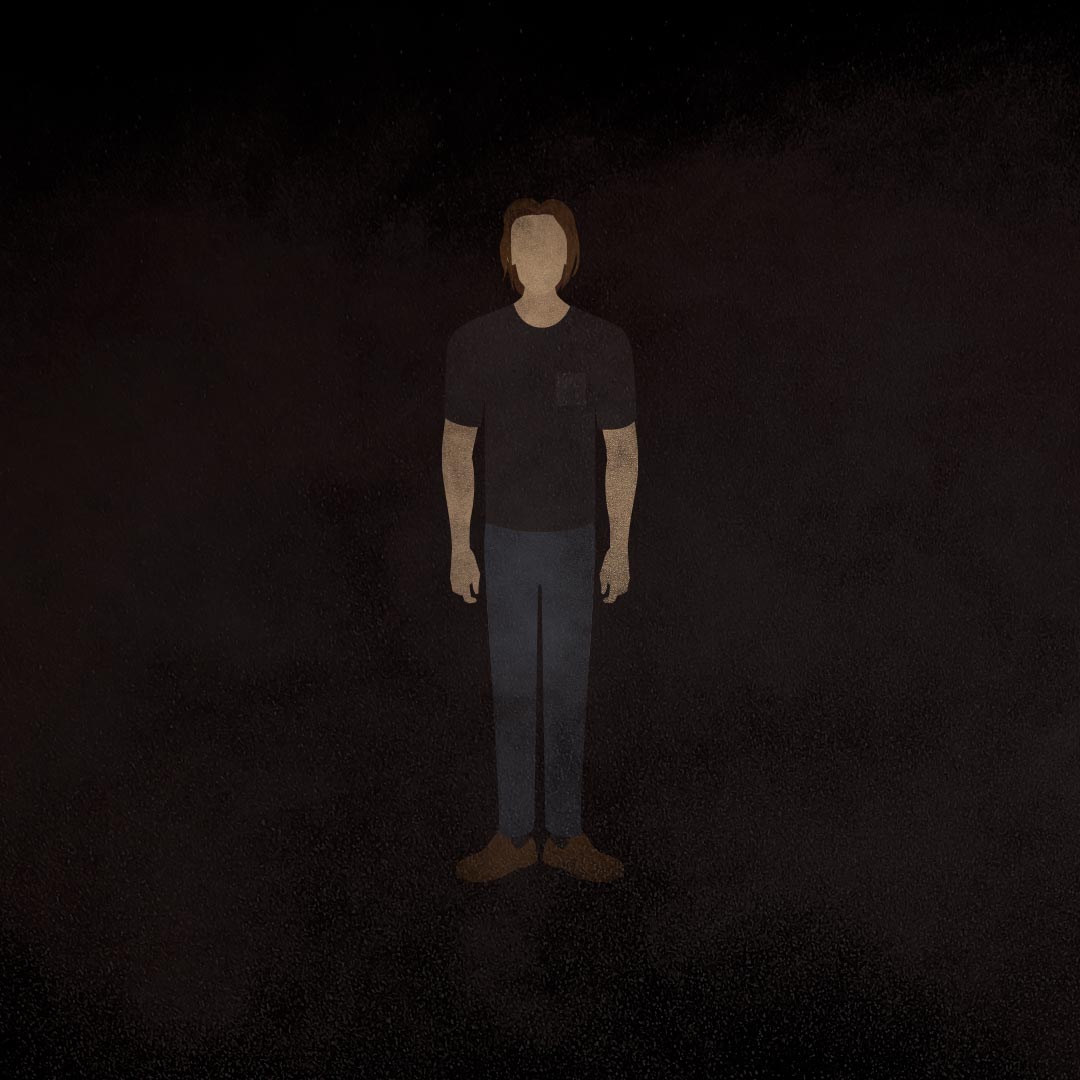
Anonymous
Former Student, Committed Suicide
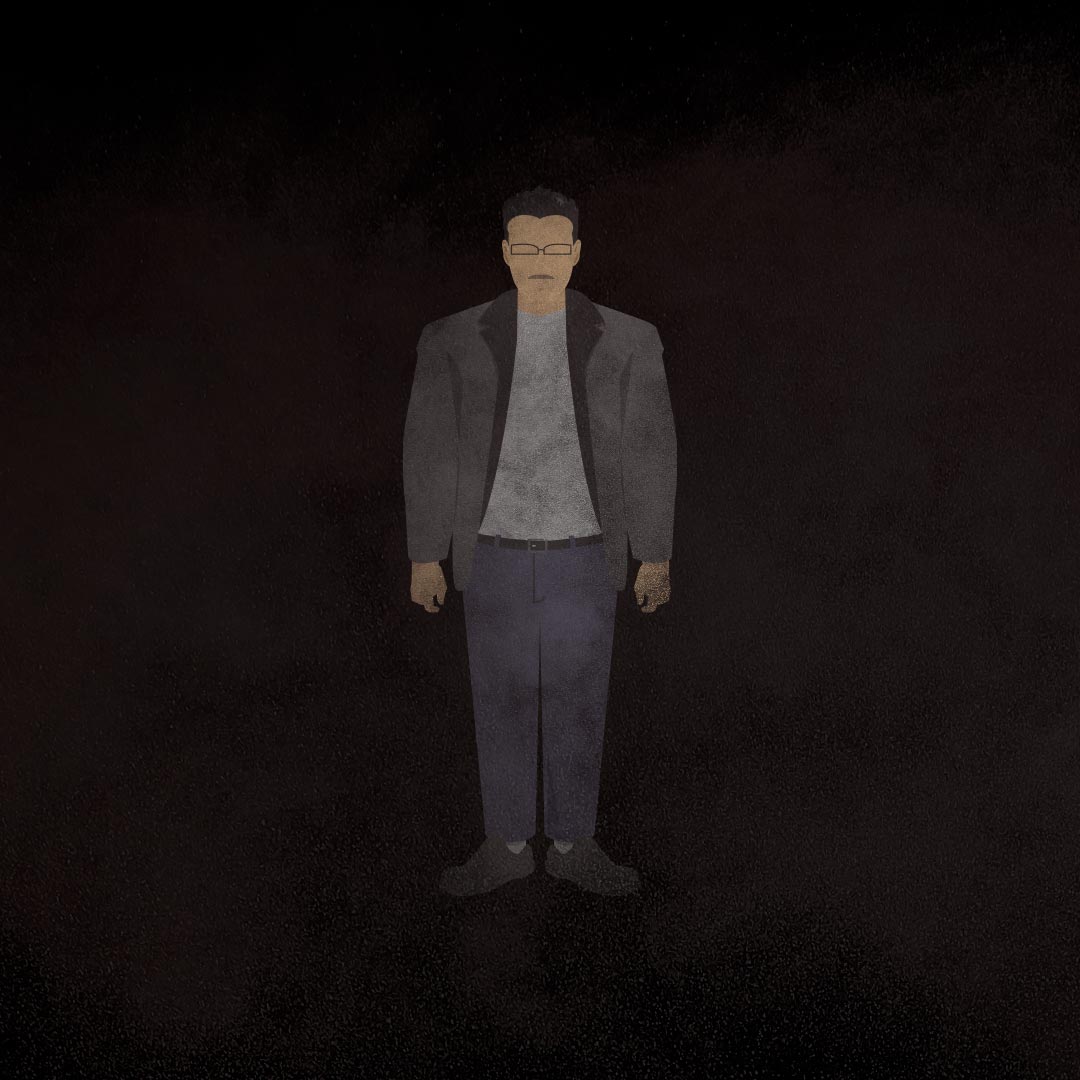
Dr. Maurice Godwin
Private Forensic Detective
Evidence in this Episode

Door Knob and Lock Kit
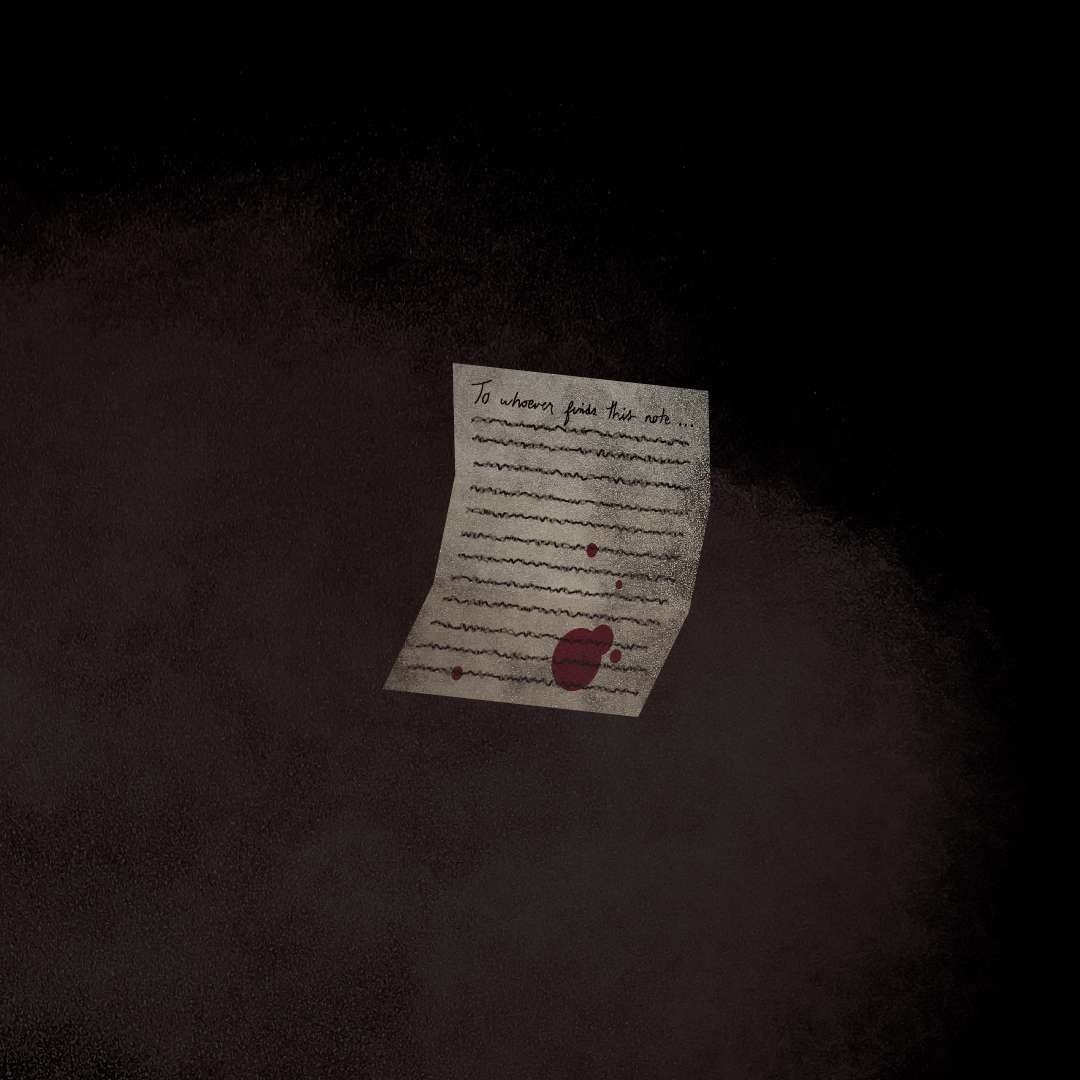
Suicide Letter
Transcript
Payne: So is this Snapdragon?
Unknown man: Yeah, over here.
Payne: Yup it is.
Intro: 10 years ago today, marked the last time anybody reported seeing or talking to Tara Grinstead.
Officially police are calling this a missing person case. [crosstalk].
Payne Lindsey: From Tenderfoot TV in Atlanta, this is Up and Vanished, the investigation of Tara Grinstead. I'm your host, Payne Lindsey.
Documentary about Phineas Gage: Once the connections between the frontal cortex and the limbic system are gone, the limbic system is free to fire it's messages of emotion uninhibited why the frontal cortex, and behavior becomes erratic and unpredictable. Gage died 12 years later, still unbalanced. At the Warren Museum in Harvard, the tabbing rod and Gage's skull are preserved, a monument to research into how physical changes in the brain affect behavior.
Payne Lindsey: I felt like the suicide story needed more investigation. I wasn't ready to hang it up yet. I did some digging around, and I found some more details about the car wreck he had. From what I could find, the wreck didn't appear to be very traumatic. He didn't have any broken bones or any other severe injury. So what would cause him to start telling these stories about Tara? I called a clinical psychologist to weigh in on this.
Erin Town: My Name is Erin Town and I'm a clinical psychologist. I teach psychology at Georgia State University.
Payne Lindsey: What types of diseases or injuries can cause like a complete and sudden personality change?
Erin Town: There's a whole range of possibilities. There are a lot of neurological disorders, particularly those that affect the frontal lobes of the brain. That can change people's personality in that they affect their judgment, their ability to see control and regulate their emotions. Then there's a whole range of psychiatric disorders that can be associated with at least changes in behavior and emotion, that can look like personality changes. So it's a pretty broad range of possibilities. Someone who's severely depressed may start to look paranoid, someone who's previously very social, could become very withdrawn. There are some brain tumors that lead people to have hallucinatory experiences. Some people with head injuries have these. Schizophrenia is a possibility.
Payne Lindsey: In this particular case that I'm dealing with, it was a healthy white male in his early 20's, and he got in some sort of car accident on a dirt road and he hit his head. He didn't break any bones, but shortly after the wreck his behavior began to change. He became a lot more reclusive, and he started telling his family and friends bizarre stories about how he knew what happened to this missing person, and he knew that the people responsible were after him. Two years later he actually committed suicide.
Erin Town: Yeah, that would be one of those very very tricky and difficult diagnostic questions. Simply not having had to go immediately to the hospital for head injury, doesn't rule out the possibility that there was subtle, gradually emerging damage. You can also have brain injuries that involve what's called shearing, where the brain essentially bounces back and forth off of the skull. That can cause symptoms that might take a little bit of time to show up. They may be starting to show changes in personality or behavior, that are very subtle, and only seem to be problematic when you're looking back.
Payne Lindsey: From what I've gathered from the actual accident, the damage to his head wasn't severe enough for him to be hospitalized, even though there was no severe damage from the surface, is there still something that could've happened there that could've caused this?
Erin Town: In some cases, there can be a lot of very subtle damage, and so it may not be something that shows up cleanly and clearly on any kind of imaging. But the functional changes and the timing of those changes can indicate that there are neurological problems.
Payne Lindsey: The car wreck he had was on a dirt road and it was at night. One of the stories that he told his friends and family involved this dirt road at night, and I was curious if you think there would be any link there with how that manifested?
Erin Town: Yeah. It can go either way. Some hallucinations, there's a very clear, obviously connection to real life events. Others, it's very very difficult to tell a story that makes sense. It's very difficult to know if real life events are getting woven in to a delusional experience, making that kind of decision after the fact is one of the harder things to do, and probably a dangerous game. It would be nice to be able to make sense of them and tell a story that's coherent. In some cases you can do that, and in some cases you just can't. Unfortunately with symptoms like this there are a lot of cases where we don't ever really come up with a satisfactory diagnosis. All of those things that you're describing, would lead me to a lot more questions. It is possible that this is someone who was at risk already for schizophrenia or some other psychotic condition and that it was just a coincidence that the car accident happened, or that could've been a stressor that triggered it. Schizophrenia would probably be high on the lit, but it's also a really rare disorder. It is in that age group, more common in males.
The age of onset tends to be later for women than for men. Men late teens, early 20's is most typical. Women it's a little bit later.
Payne Lindsey: Is it one of those things where it's a sudden onset or is it gradual?
Erin Town: This is a disorder that starts very very early and it's not until late teens early 20's that it starts to become very evident. It's commonly considered what we call a neurodevelopmental disorder, but that doesn't mean that some people don't show kind of abrupt shifts in behavior. It's not unusual to see people in an emergency room who are incredibly disoriented because they've never had an experience like that before, and it's utterly terrifying to experience hallucinations or delusions. What people often describe as a pattern, flattening of emotion, isolation, it can look very much like depression, and that's what gets those around them alarmed and concerned.
Once delusions become paranoid, there is a sense that people are out to get them. People may believe things that are overly odd, or they can be things that are plausible. We never really know the full story, particularly with someone who has completed a suicide, I think it's valuable to think not only about the story that you do know, but to be mindful that there's probably a lot of story that you don't know too. That could be very helpful in illuminating what ultimately really was going on for this guy. All of the things that we've talked about this morning, would be plausible possibilities, but they'd each be possibilities I'd want to hold very very lightly. And be prepared to let go of the second I had any evidence that suggested another path made more sense.
Payne Lindsey: So technically, there was a few different ways to explain his behavior. But without a brain scan or several one on one sessions, there was no way to know for sure. Without having been there, it's almost impossible to make any sort of assessment. I tried reaching out to his family again, hoping that maybe they'd have some more insight. His brother agreed to talk to me.
Brother of man who died by suicide: As far as my brother goes, all I know is what he told me. There was a lot it and some of it, yeah might could've made a little bit of sense, but most of it the pieces fit together. He had a wreck, in the wreck he and another guy, they ran off into a culvert and he banged his head on the windshield really hard and about a month after that is when all this started. You could tell that there was something scaring him, but at the same time he actually seemed to be hallucinating. Almost like a schizophrenic episode. But after he started telling these larger than life stories, my parents took him to see a psychiatrist and stuff like that. The psychiatrist said he didn't think there was anything wrong, that he just was suffering from some major depression and they put him on medication that did not help at all.
Payne Lindsey: So how many different time do you think he told you stories about Tara or someone being after him?
Brother of man who died by suicide: Most of the time the stories weren't about Tara, the only time Tara's name was ever mentioned was the first time, that this happened. All the rest of the times it was people that he thought might've been linked to Tara's disappearance like Marcus Harper. Really other than that he never actually talked about her or how she went missing or anything like that. There were a lot things that didn't add up, was anything he was saying and then there was some things that would make you go, "Well I don't really know." Whatever it was he believed in it strongly enough that he went to the GBI, he went the headquarters of the FBI, to talk to them. He went and sold basically everything he owned, to get a plane ticket in the spur of the moment to fly to Quantico.
Payne Lindsey: Do you know anymore about the note that he left?
Brother of man who died by suicide: Apparently the GBI still have it in evidence, and they haven't released it to anybody, as far as I know. They haven't released it to my family. They've given some things back to my family like his wallet and things like that, but even the gun that he used the GBI still has. They've just been quiet, they haven't said anything. I haven't heard from them since we went and picked up my brother's possessions that they let you get. They really didn't say anything then.
Payne Lindsey: Before this accident, how was he before that?
Brother of man who died by suicide: Completely different person. He was extremely outgoing, he was really social. More often than not you would see him away from the house more than you would see him at the house, and then after the accident that completely changed. It was the exact opposite. He was really reclusive, he didn't go anywhere. If he did go somewhere, he always took his gun with him. He was just that paranoid.
Payne Lindsey: Did he have any sort of ties to Tara? How did he know her and why do you think that manifested?
Brother of man who died by suicide: He was at a party one night, but apparently Marcus Harper was there. He had a pistol with him and he kept trying to get Dewayne to hold the pistol is what Dewayne said. And Dewayne just never would do it. He said that he thought that that was the gun that was used to kill Tara, so he wouldn't touch it.
Payne Lindsey: What's your take from it all?
Brother of man who died by suicide: That he had an accident, there was obviously something wrong that the doctors either didn't see or didn't think was serious enough to look into further. I really don't think that anything that he thought was going on was in any way grounded in reality. He would tell me that somebody had sent him a message and he would be pointing at the blank screen of a phone, and he was seeing something that I wasn't seeing.
Payne Lindsey: His brother seemed to think that everything he said just wasn't true. His behavior did seem to match some things the psychologist told me. Either way, unless one of the people listed in the suicide note decides to talk, there wasn't really much left to look into. Back in episode one, I mentioned a man named Rhett Roberts, he was the son of Tara's landlord. Tara had stopped by his house for a few minutes, before going to the barbecue that night. My grandma's friend Melba told me that Tara stopped at a former students house in Fitzgerald before going to the barbecue. She couldn't remember his name but said if she ever did she'd let me know. But if Melba was confusing this student with Rhett Roberts? After 11 years they could definitely sound similar. I hadn't talked to her in a while, so I figured I'd give her a call and ask her.
Melba: You know I remember telling you, you know that I understood she went to a student’s house and didn't remember his name and I didn't. And you said you had not heard that before, but that was ... Yeah that was what we heard from the beginning. That she went there and then went to the principal’s house for the cookout.
Payne Lindsey: From what I've heard, Tara left the pageant around 7:30 and then she went to her landlord's house and his name was Rhett Roberts, could this person be that student you were talking about or is that student somebody else?
Melba: I remember it was the Roberts, and I couldn't say for sure that it was Rhett, I know it was a Roberts, but I'm not just really positive. I remember now that it was a Roberts, but like I say I'm not sure which one it was.
Payne Lindsey: So I guess it was Rhett Roberts, unless this student had the same last name too?
Melba: I serve as a bailiff for our courts when we have a jury, because my work, when I was working was I was our superior court clerk, and of course I handled all the court cases and so forth that went up to trial. I was there one day and two or three of the people who worked for the sheriff's office was there, anyhow I said do you all ever hear anything about Tara Grinstead's case? They said, "Well we don't hear a lot," but said "Anytime we get anything on it, we check it out." They said, "We don't ignore anything that comes to the sheriff with reference to her case." So they're still actively working on that case.
Payne Lindsey: What's the most popular theory going around in town? People have to be saying something.
Melba: I don't know but personally I thought and still think it was somebody she knew that she left with. I don't really think she was forced because of the situation, I think it was somebody that she knew. I have no idea who it could've been, but there was several men suggested that she had seen and so forth. I said the main thing that I hated that came out of this other than her disappearance, was most of us who only knew her as a teacher, we just thought she was just one of these quiet little teachers that taught school and went home and stayed home til the next morning went to school and all. But evidently she had a ... an active life.
Payne Lindsey: Chances are it was Rhett Roberts Melba was thinking of. So the whole student scenario, it's almost all the way ruled out. I reached out to Rhett Roberts on Facebook and asked if he could be interviewed for the podcast, but no response. So a few weeks later I asked him again and this time he responded. He said this, "I am innocent. I know I didn't do it, God knows I didn't do it, and I have decided to move forward with my life." Then he blocked me. I only asked if I could interview him. I never said anything about being guilty of something.
At the end of the last episode, Maurice told me about a man named Joe Hilton. He was friends of Marcus Harper. Because we don't know the exact time Tara disappeared on Saturday night, in terms of having an alibi, it would have to cover Saturday and Sunday. Marcus Harper spent Sunday with Joe Hilton. I called Maurice to ask him about it.
Maurice Godwin: He was a natural resource officer, like wildlife.
Payne Lindsey: Like a game warden?
Maurice Godwin: That's right. I just know that Hilton got a call for deer spotlighting in Sunday evening. They hooked up with each other him and Marcus, and they went riding around Sunday evening. Followed a rural area of Erwin County, probably where deer spotlighting was going on. It would be Saturday night and Sunday and Sunday night, would be what a person probably would think that they need to cover themselves for. I'm not saying that that's what he was doing, I'm just saying for two nights in a row, Saturday night he was with somebody and Sunday night he was with somebody. But you would just have to find out and interview Joe to find out who contacted who.
Payne Lindsey: Well I tried that, but no response yet. As it turns out, Joe isn't with the Natural Resource Department anymore. He's a special agent now, with the GBI.
In a previous episode, I quoted an article from the National Enquirer. It mentioned a police officer from Perry, bombarding Tara with phone calls on the day of her disappearance. It also said the officer was married and was having an affair with Tara. They didn't mention him by name, but Heath Dykes was also a police officer from Perry, who was married and made numerous phone calls. So it seemed clear who they may have been inferring. Before I go any further, let me just get this straight. The National Enquirer is the tabloid, infamous for writing lets just say, sensational stories. Knowing that, I wasn't going to jump to any big conclusions off this article. But a few years ago, a producer working with Maurice reached out to the writer of this article and asked him who his source was.
Maurice Godwin: That guy actually went to Ocilla and spent a couple days in Ocilla. He said that all the information came from Marcus Harper's lawyer. Because he was Harper's lawyer, he would have inside information to the GBI information. See, Harper's lawyer he told this plan that Dykes had planned, was planning to leave his wife for Tara and changed his mind.
Payne Lindsey: This was interesting, but I wasn't completely sold. For what it was worth, I called the writer myself. He asked me not to use his voice, but he told me the same thing Maurice said. All the information was from Marcus Harper's lawyer. Maurice also told me something else interesting.
Maurice Godwin: Tara felt like, that there was too many people who had keys. On her kitchen table still in the plastic was a new set of doorknob hardware to be put on that door. She felt like too many people had keys to that door, and I can send you the photograph.
Payne Lindsey: In the picture on Tara's kitchen table, there looks to be a new lock, maybe she was changing it. The neighbor next door had a key, and so did Rhett Roberts, but did anybody else?
Maurice Godwin: See, in January of '06 I turned this case down from her sister. About the third week in February she contacted me again and I took it. When I was there, see Larry has one of these huge RV's.
Payne Lindsey: Larry is Tara's sisters husband. He let Maurice stay in his RV when he came to Ocilla.
Maurice Godwin: Right outside of Ocilla is a bluegrass park and you can park RV's so he brought his RV down and so I was able to stay in the RV. My wife went one time with me and I was able to stay in that RV, rent free, they didn't charge me or anything like that. The one night, I think it was a Saturday night that we were there, one night about 3:00 this big old bright light woke us up and my dog started barking like crazy. It's sort of like the old timey outdoor theater where they have humps between the lanes where you park, well this truck was sitting on top of one of those humps. So the lights be higher up and they were going right through my window. I couldn't see a thing, and the only thing we heard was the revving, revving a truck and those lights went through the window right on our bed.
There's no doubt about it the truck at the RV park was trying to be threatening to me. The next day I told the sheriff, and I raised hell.
Payne Lindsey: The next day Maurice went back home to North Carolina. After he got settled in, something else strange happened.
Maurice Godwin: I got a phone call about 1:30 in the morning on my landline, not on my cellphone, on my landline. And it was unknown.
Payne Lindsey: A blocked number called his house phone, and there was a man’s voice on the other line he didn't recognize.
Maurice Godwin: He said, "If you know what's good for you, you stay the hell out of Ocilla." The GBI pulled my phone bill, they subpoenaed my phone bill and it was an unknown phone call you couldn't trace it.
News reporter: Joining me now is Tara's stepmom, Connie Grinstead and Gary Rothwell formerly with the Georgia Bureau of Investigation.
Payne Lindsey: This is a news clip from 2012.
News reporter: Is there anything new that you can kind of rest your hat to say, "Gee maybe this thing will be solved."
Connie Grinstead: Not really because we don't know anymore than we did in the beginning. The only thing that we feel in our hearts 100% about is that there was foul play involved. Other than that we really don't know what happened to Tara, or even who is responsible.
News reporter: Do you have any feeling, any inkling of who might have done this? Did she ever share with you a concern that some guy was going to do her in?
Connie Grinstead: No. I don't have any idea who is responsible. I've heard all of the persons of interest, all of the names and all of the possibilities, but I honestly don't know what happened to her.
News reporter: Gary you worked this case from the beginning, and you say that it's one of the cases that continues to haunt you.
Gary Rothwell: It's a convoluted case that's just maddeningly frustrating. Every time we'd open one door there'd be several hallways to go down and more doors at the end of that. It's ... you almost feel like a disservice that we haven't resolved this case for the family and for Tara.
News reporter: But the truth is Gary that there were several guys who might've been involved. There was a boyfriend, a police officer who was looking for her the day before she went missing, a student arrested at her house. She was a teacher. A landlord's son. So you had quite a wealth of possible suspects.
Gary Rothwell: Absolutely. The evidence indicated that the person responsible for Tara's disappearance is very likely someone that knew her. So we had to look at people that were close to her and there were a lot of them, but we have not been able to link any of those people to her disappearance.
News reporter: It's in the box there, that name is in the box.
Gary Rothwell: The name's in the box, but we don't know which one it is.
Payne Lindsey: The name is in the box, at least we think so. But whose name I really in that box? You've all heard everyone they mentioned, but if the GBI's followed over 200 people, who are the rest? I set out to search for anybody else out there. Anyone that could've fallen under the radar. So I pulled up archives, news clips, blog posts, but there wasn't a single other name out there. But then I went back to where this whole thing started. That website, Web Sleuths and that's where I found what I was looking for. On the forum for Tara Grinstead, on May 11th 2008, someone posted Jim Hickey, software salesman from Atlanta who took Tara to dinner in early October 2005. Did he visit Tara the Friday before she disappeared? Who is Jim Hickey?
I looked him up on Facebook and sent him a message. Asking if I could talk to him about Tara. He said yes and we arranged a phone call. Next time on Up and Vanished,
Jim Hickey: She had text messaged me the night she disappeared. I got a text message from her that said, "I'm cold."